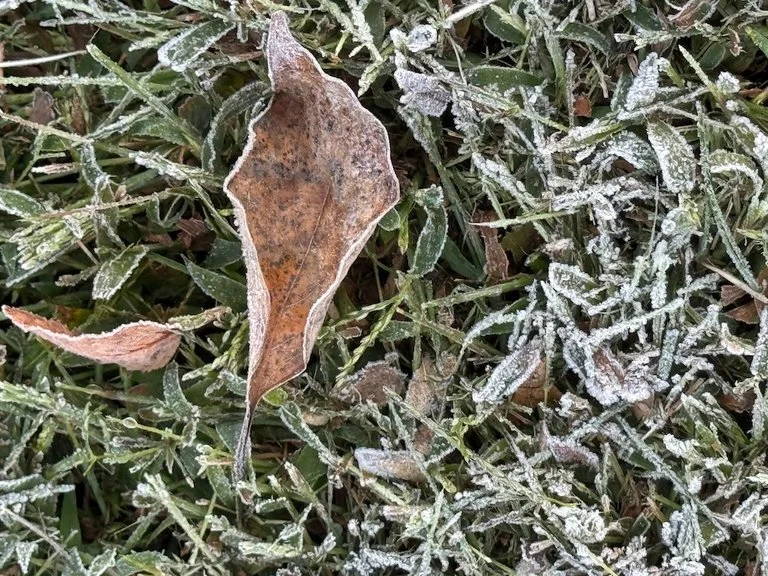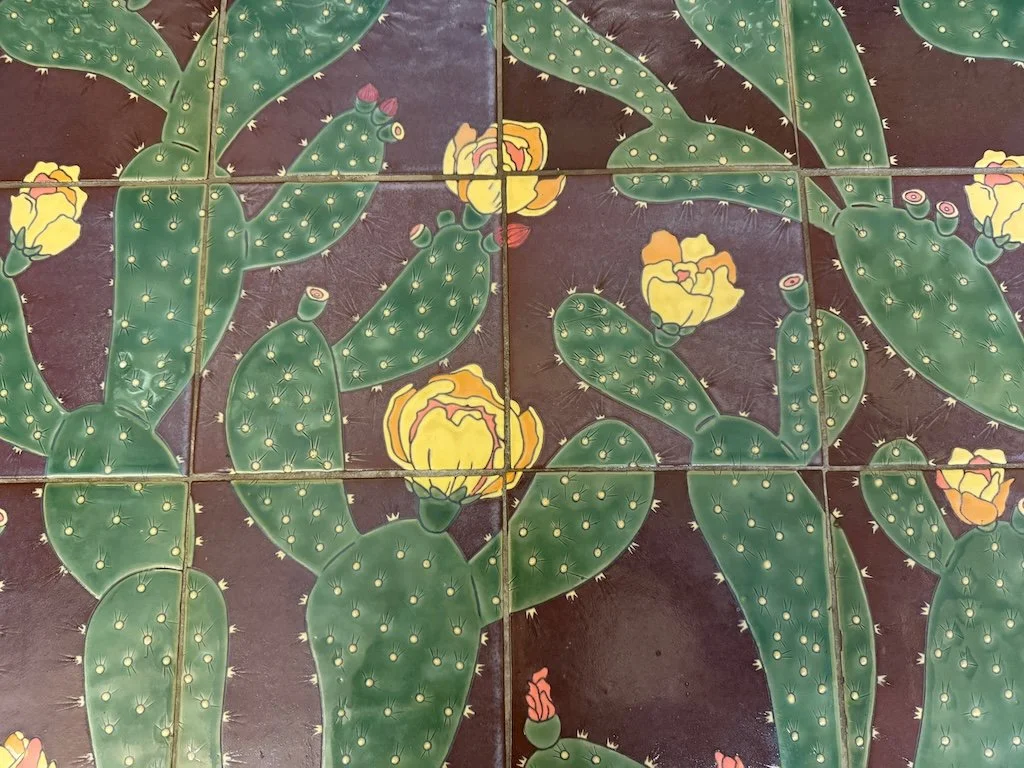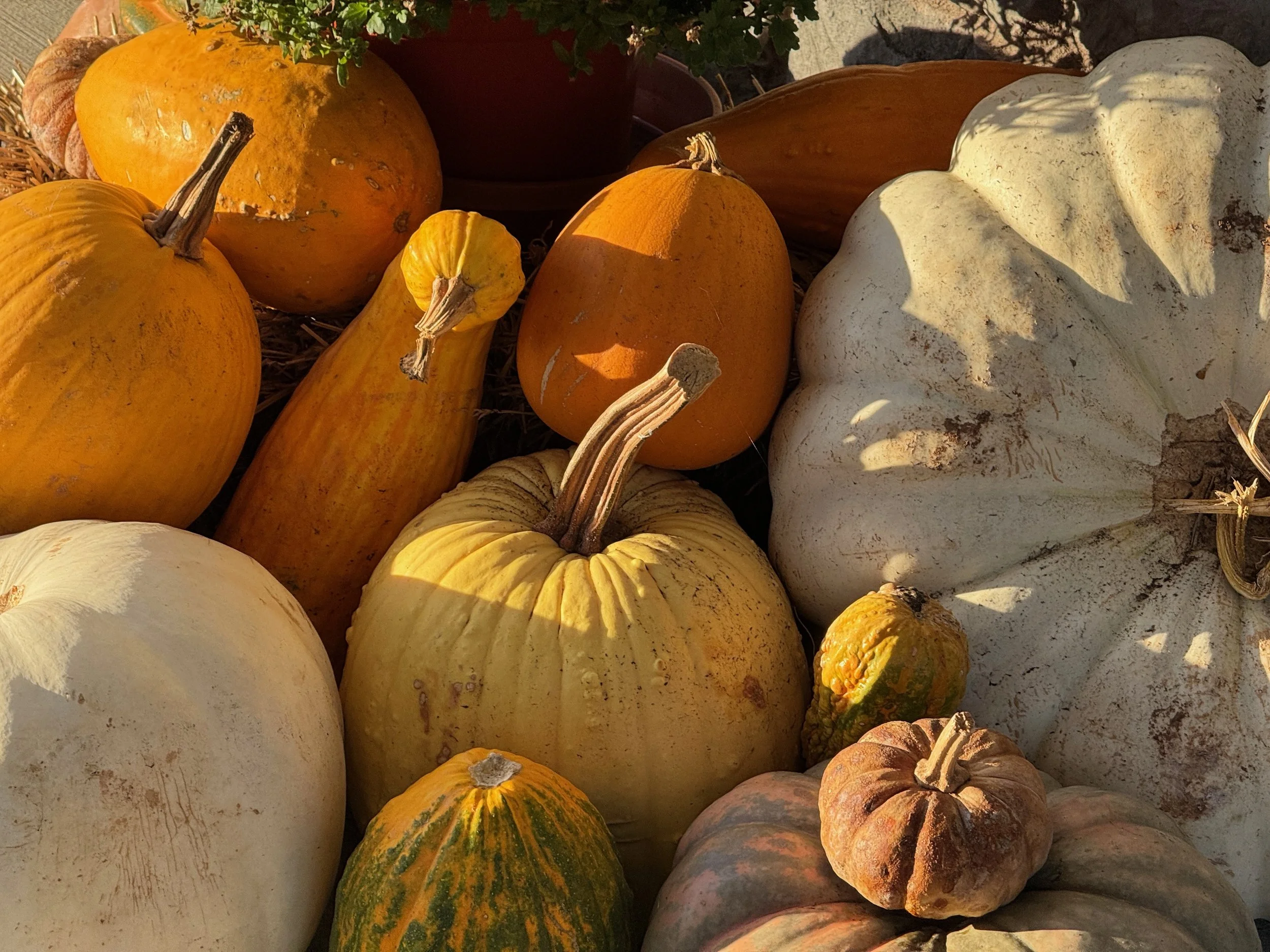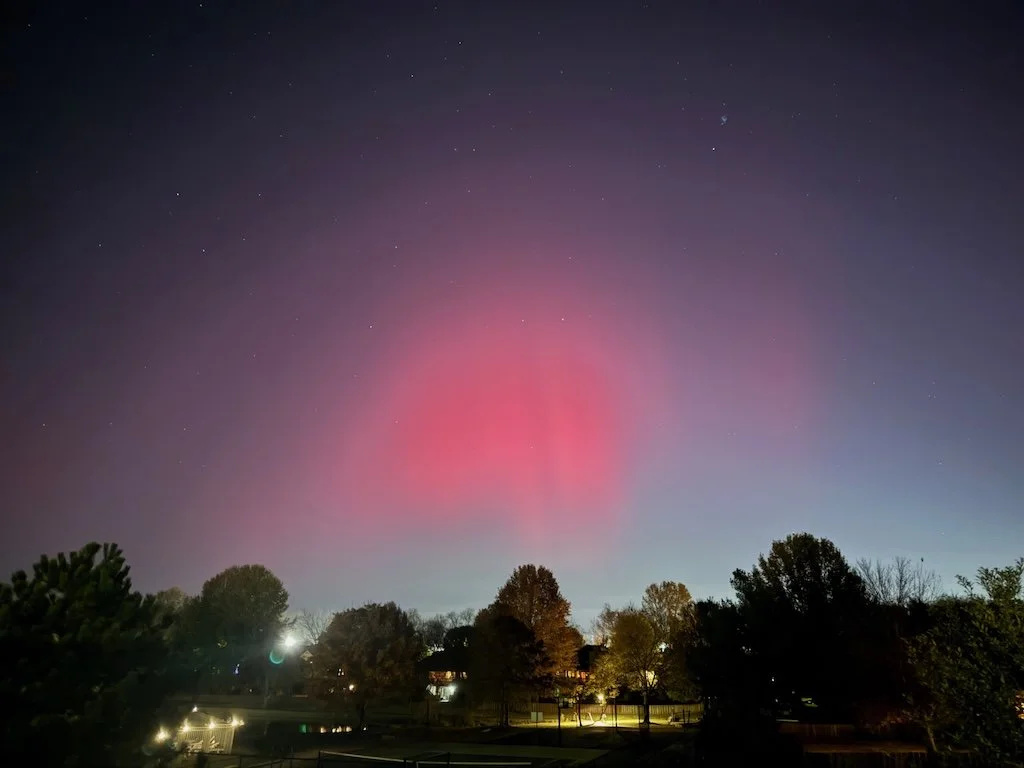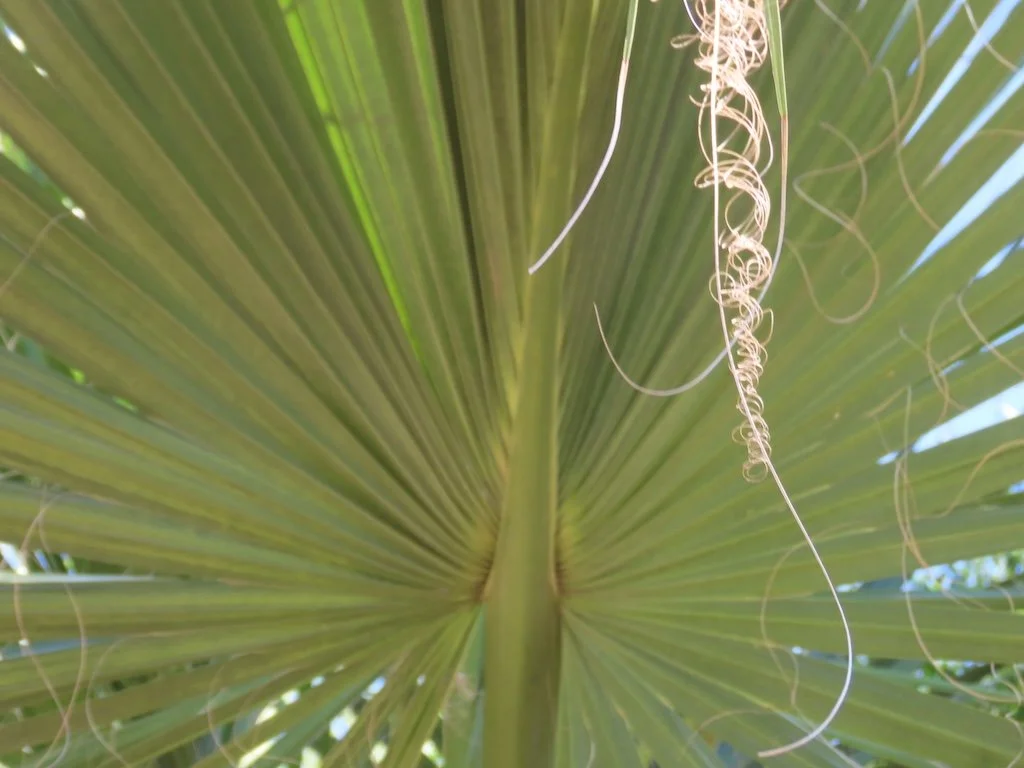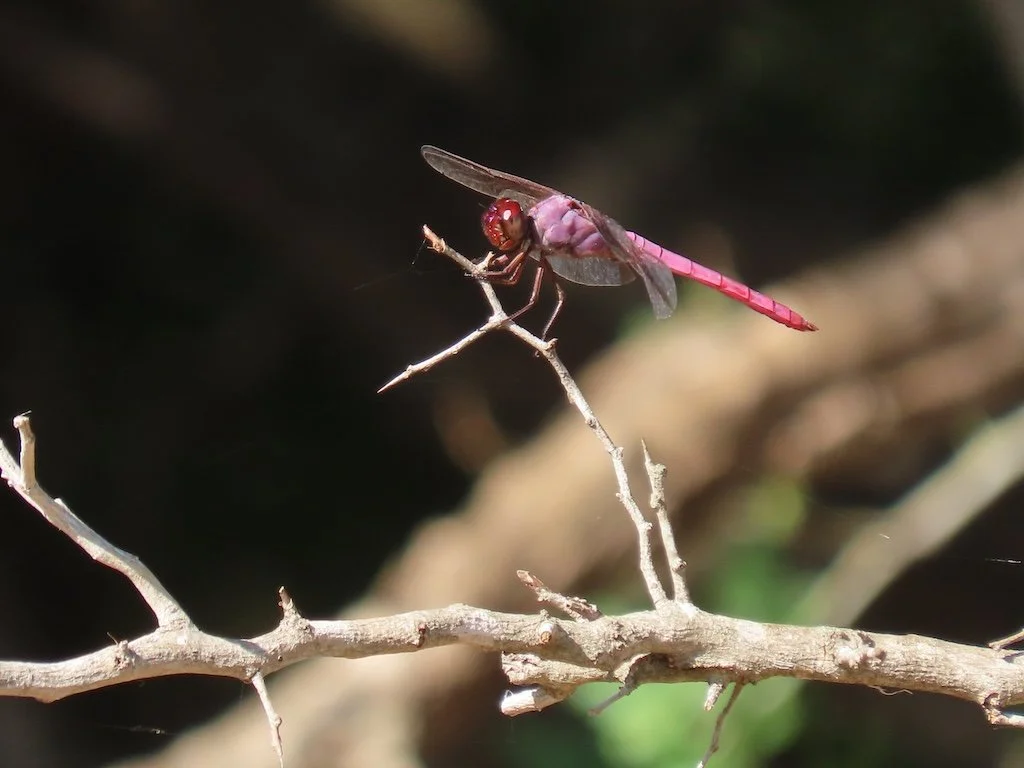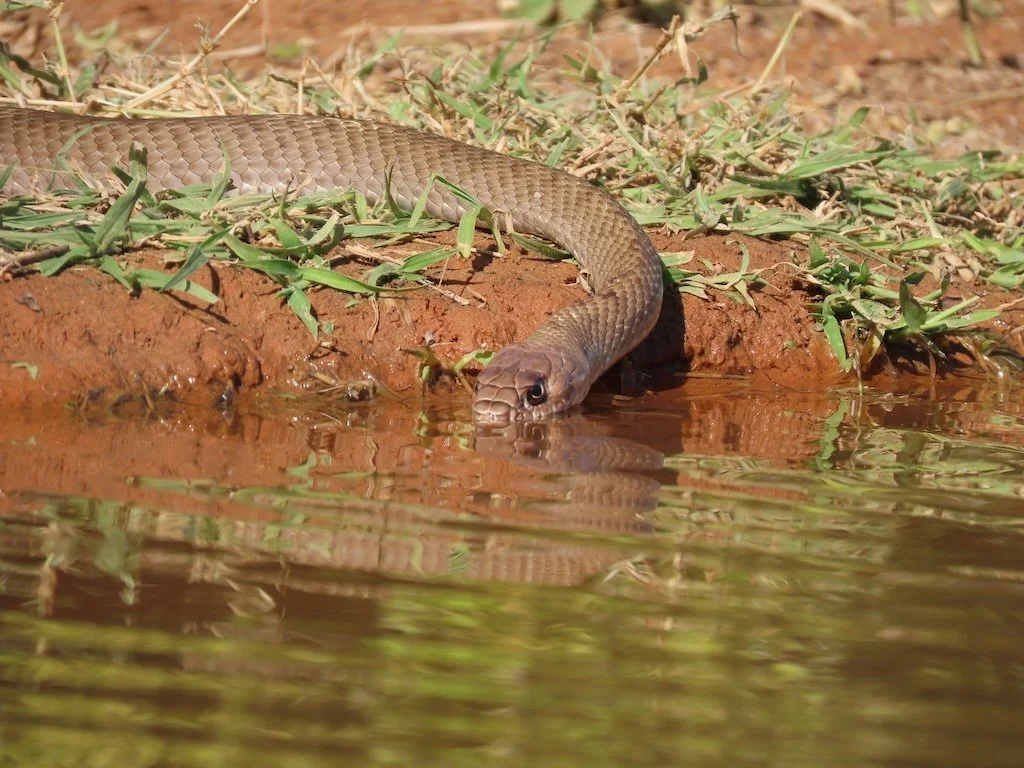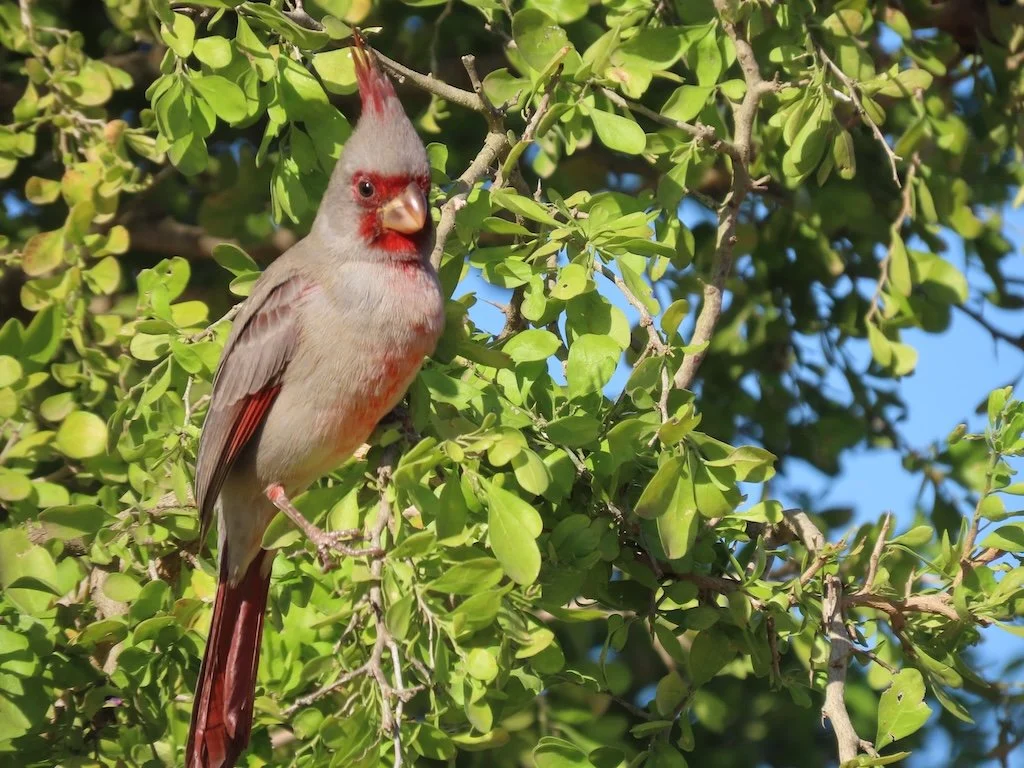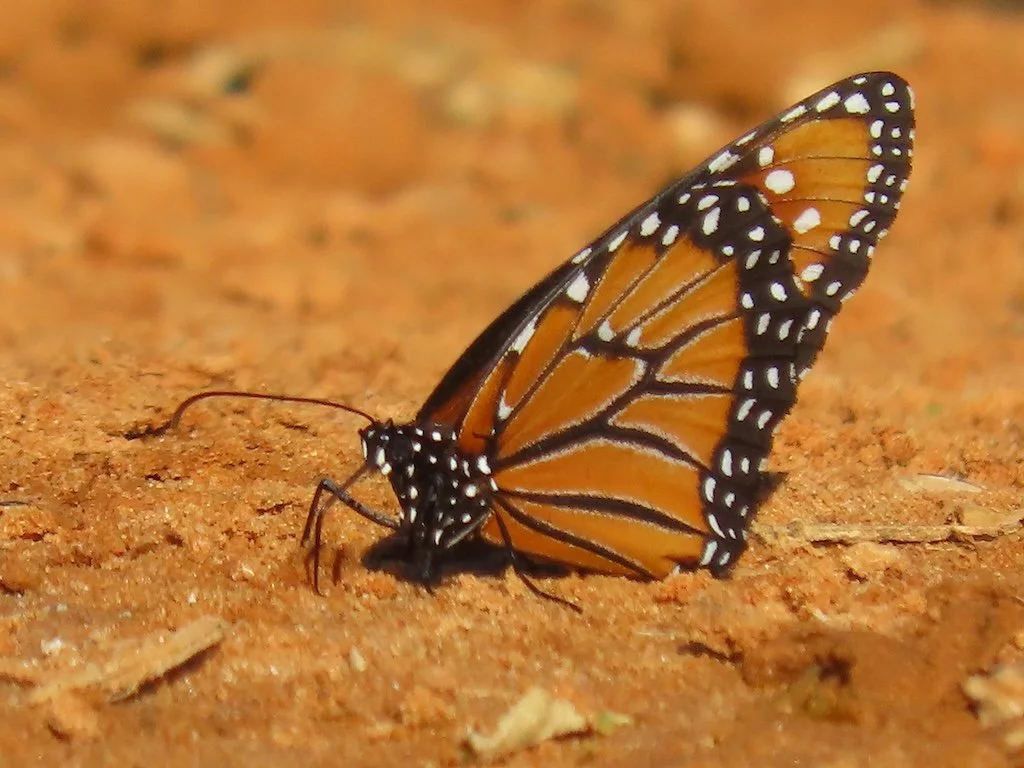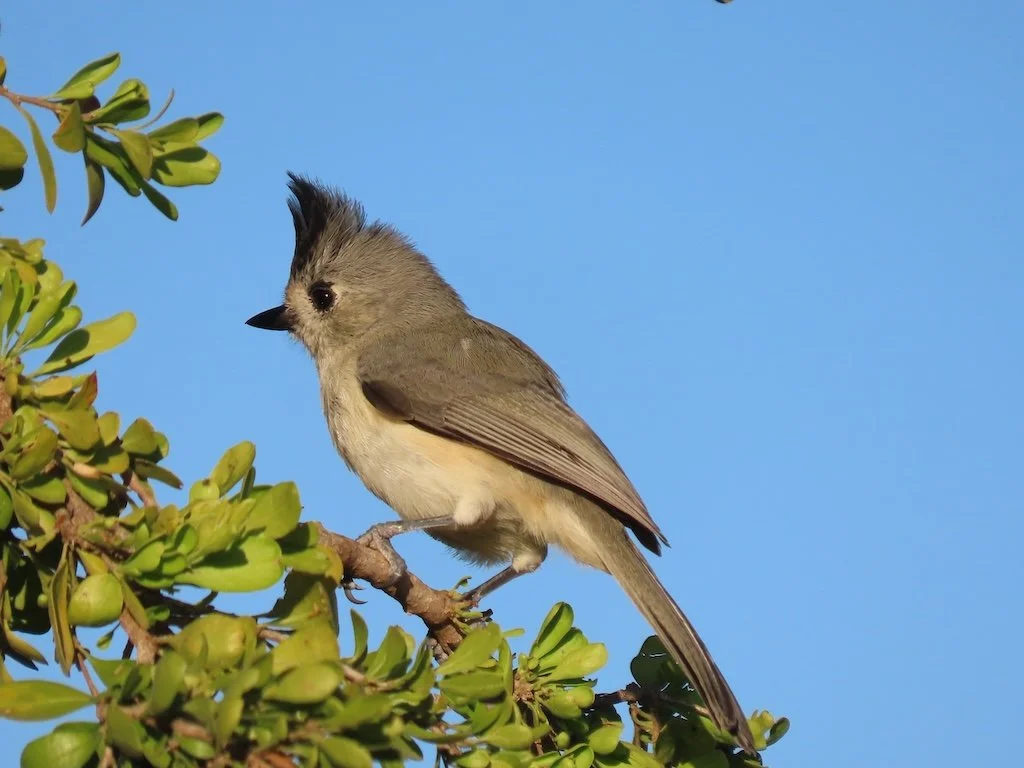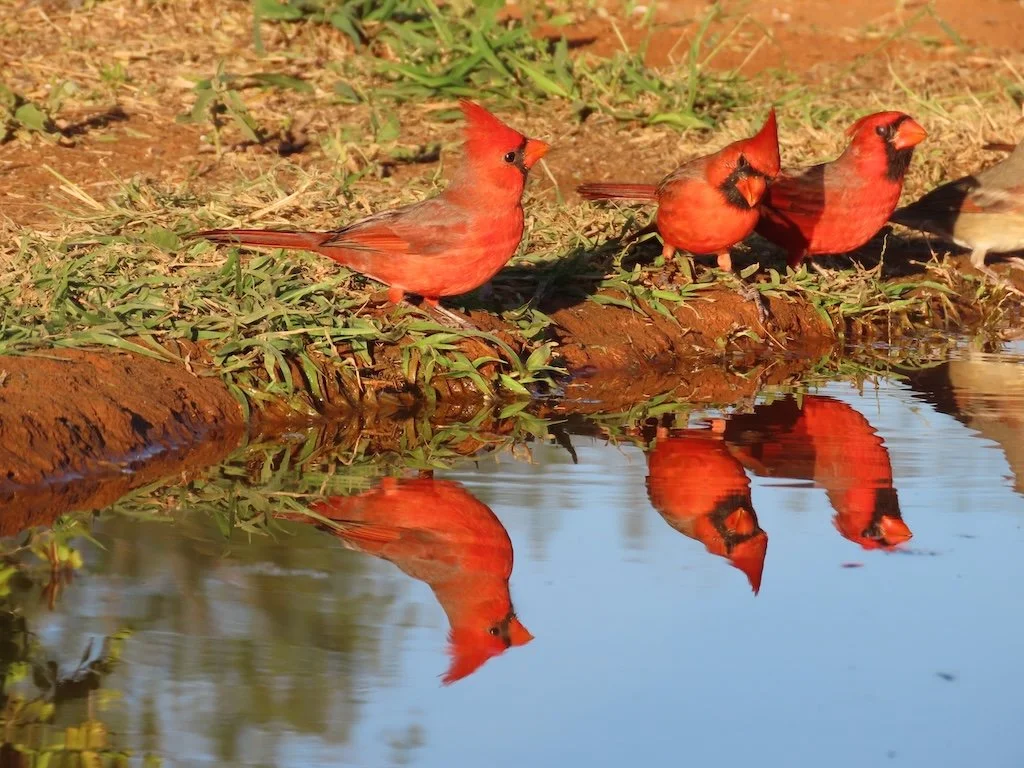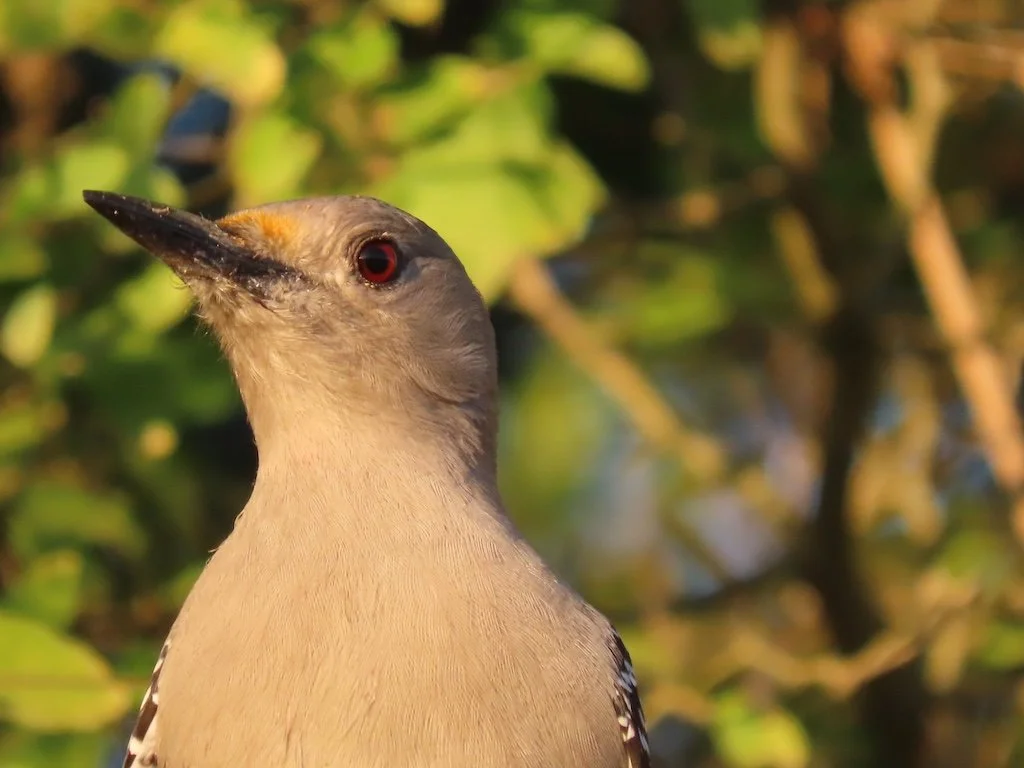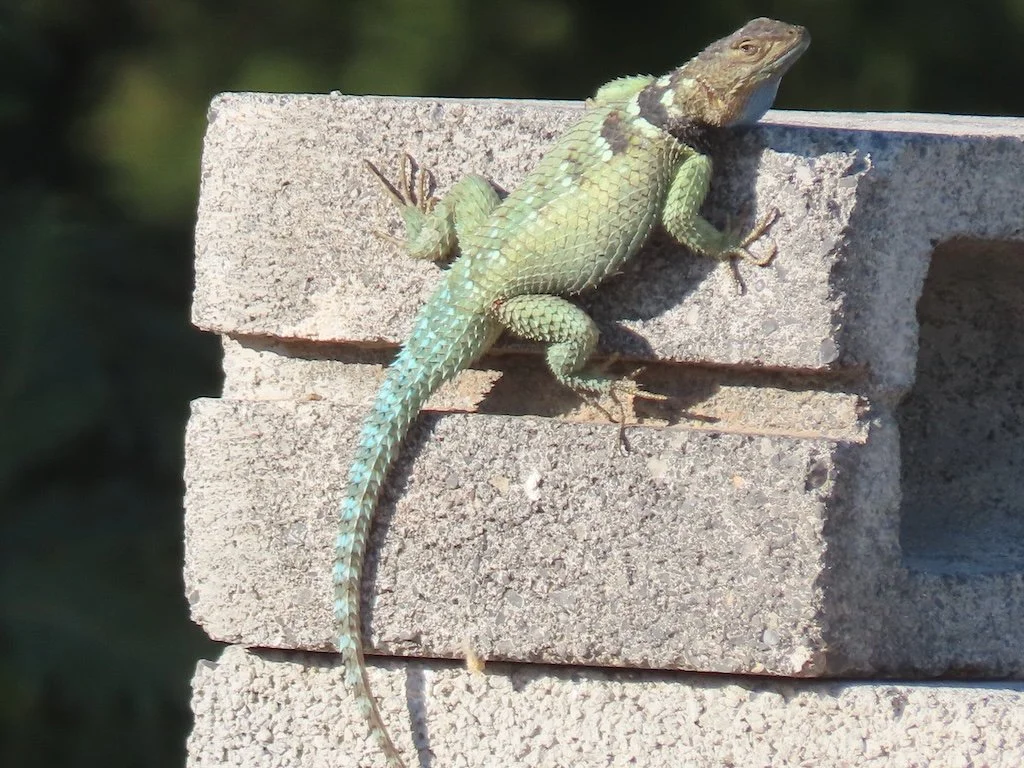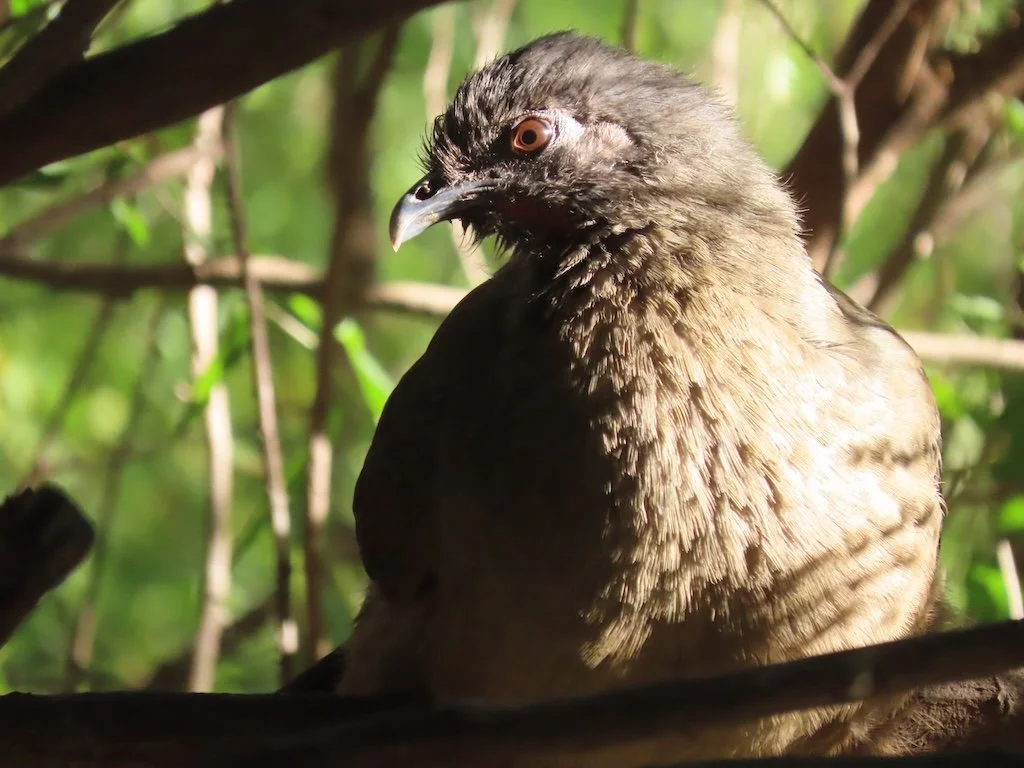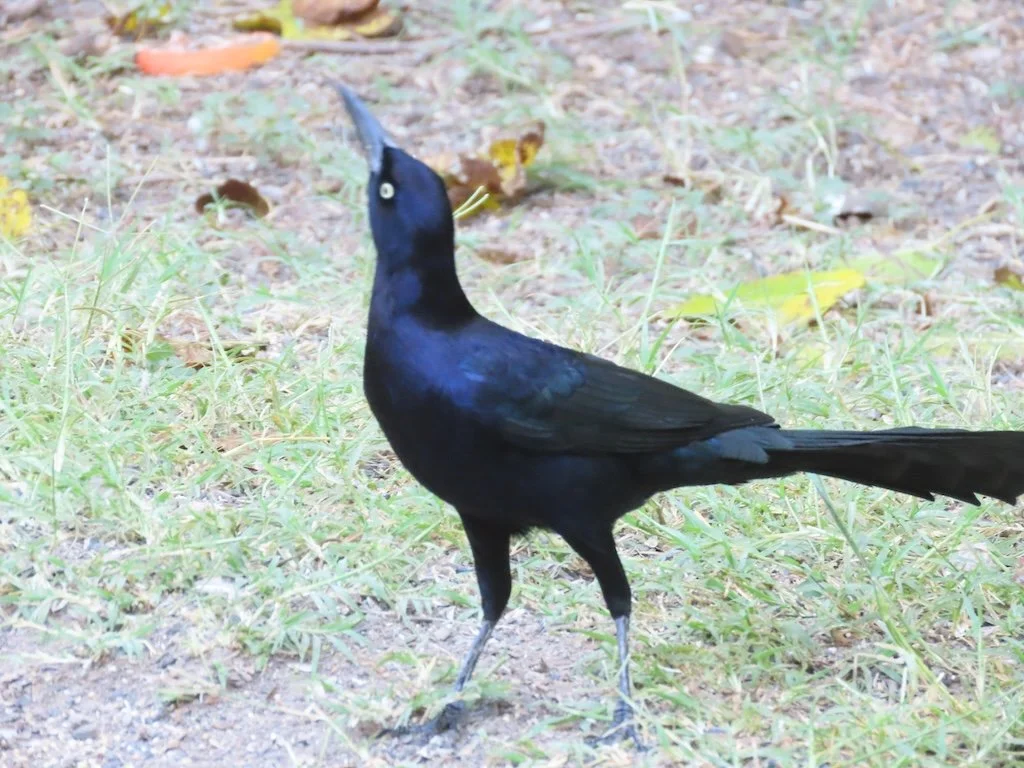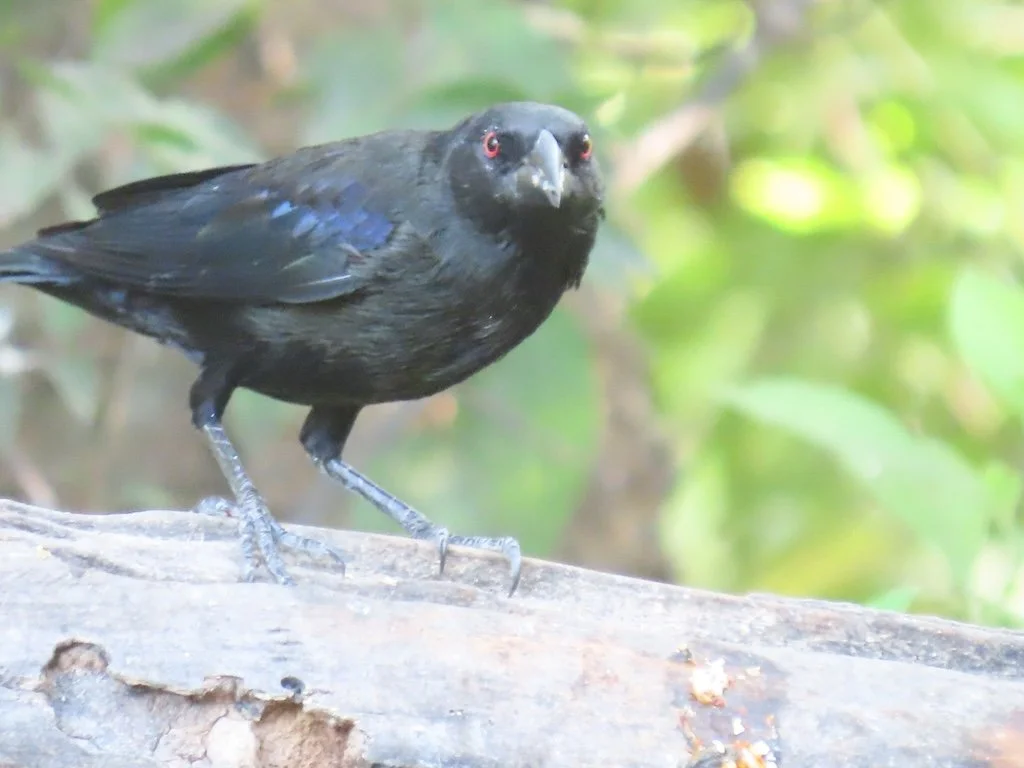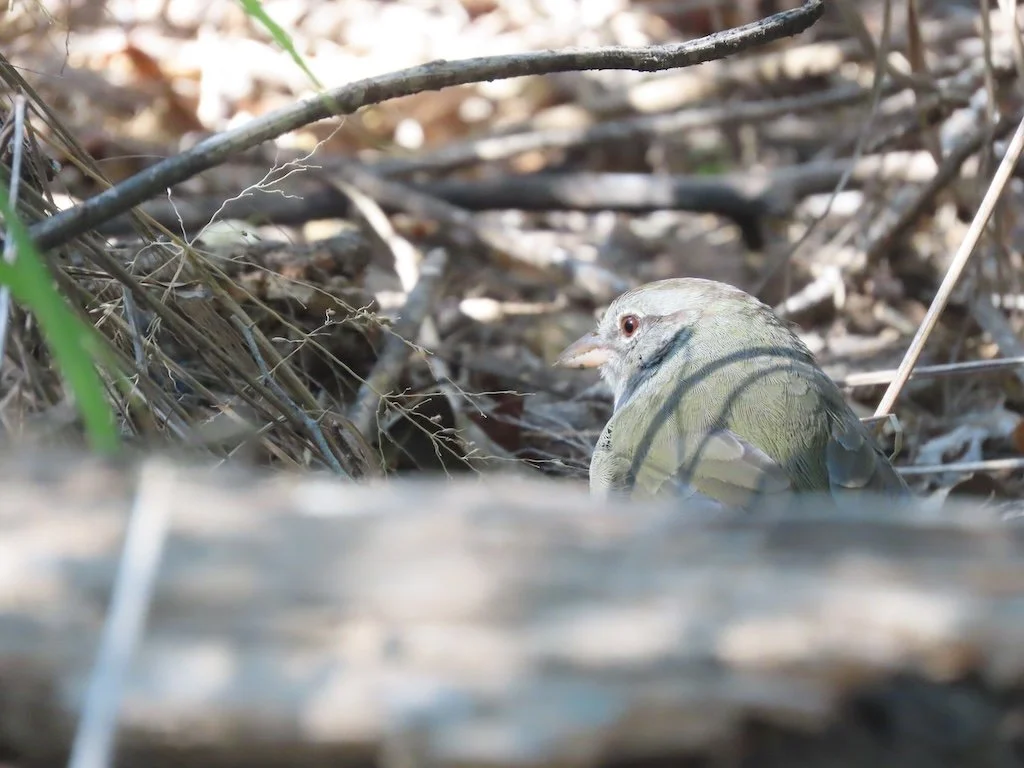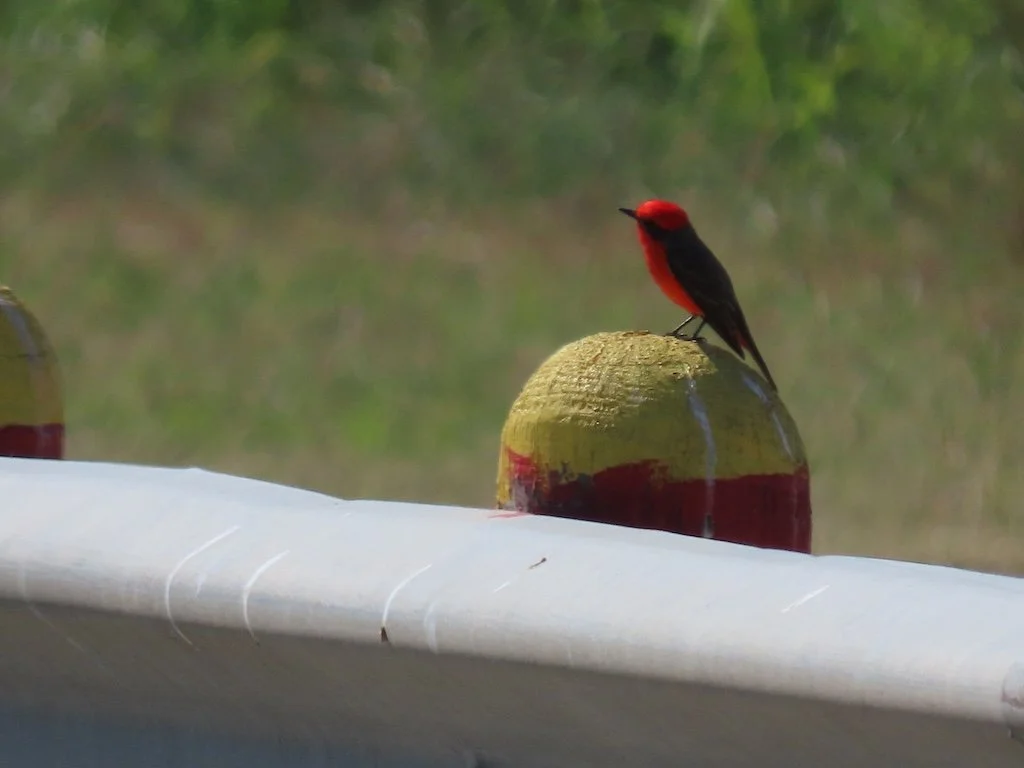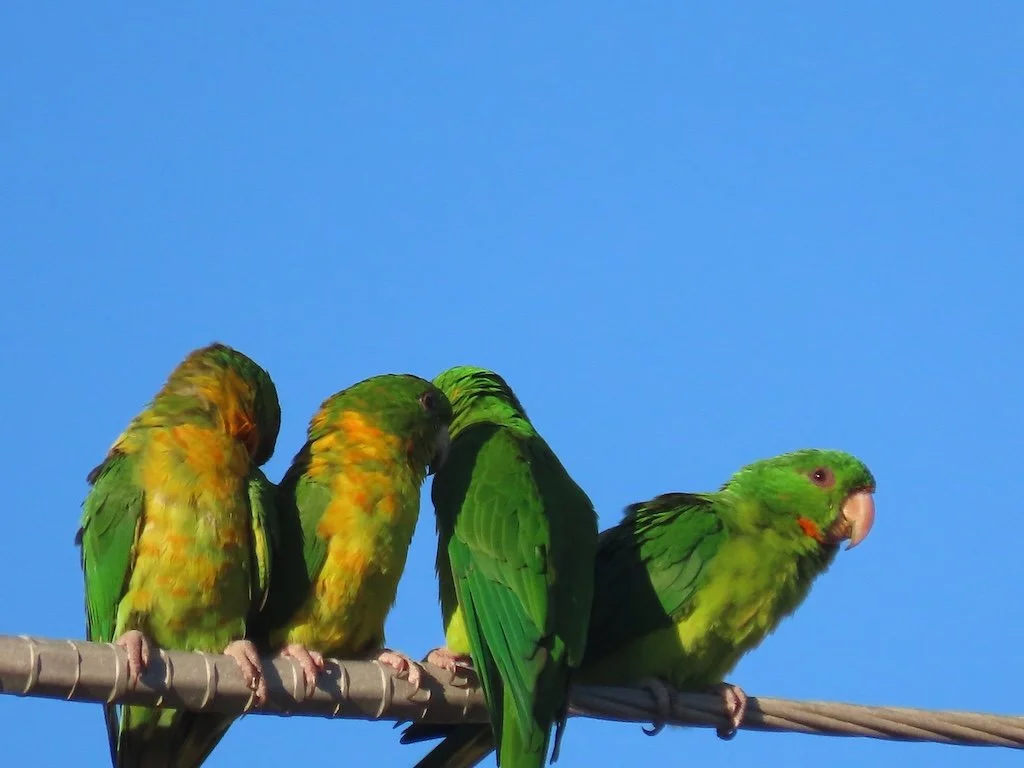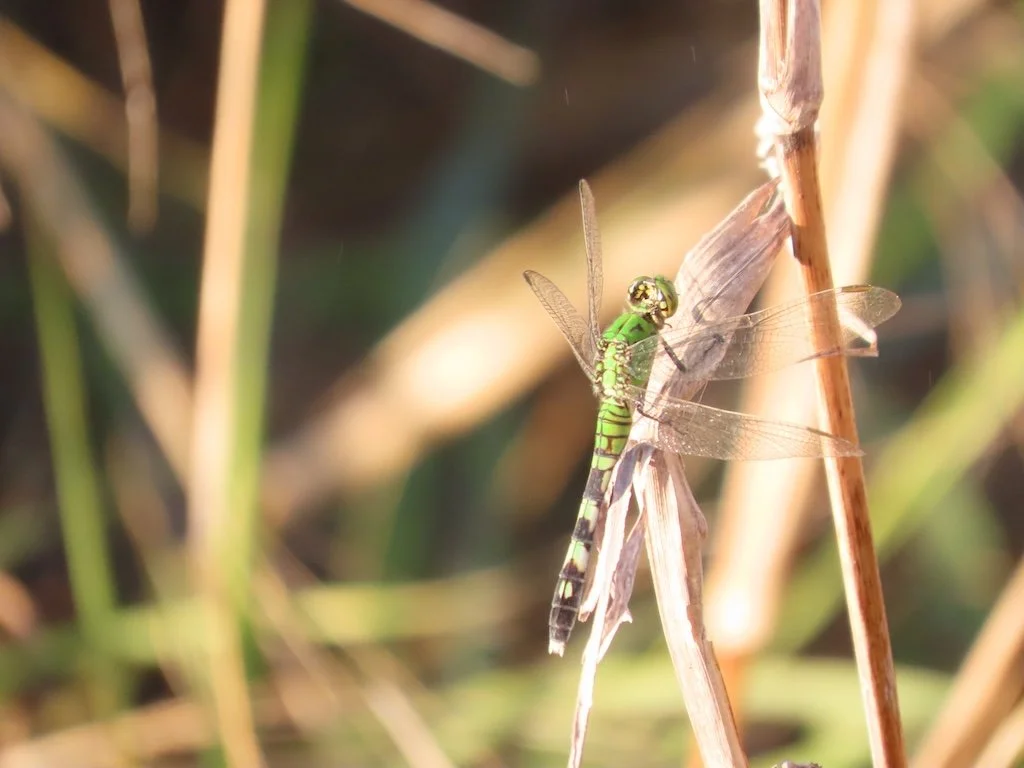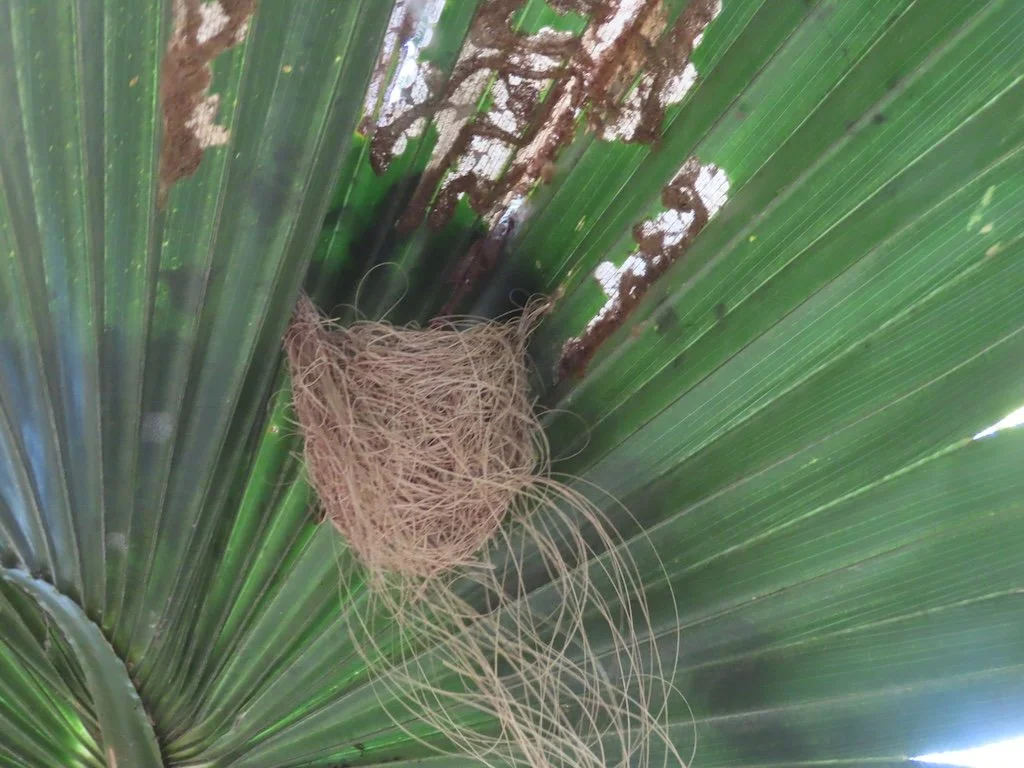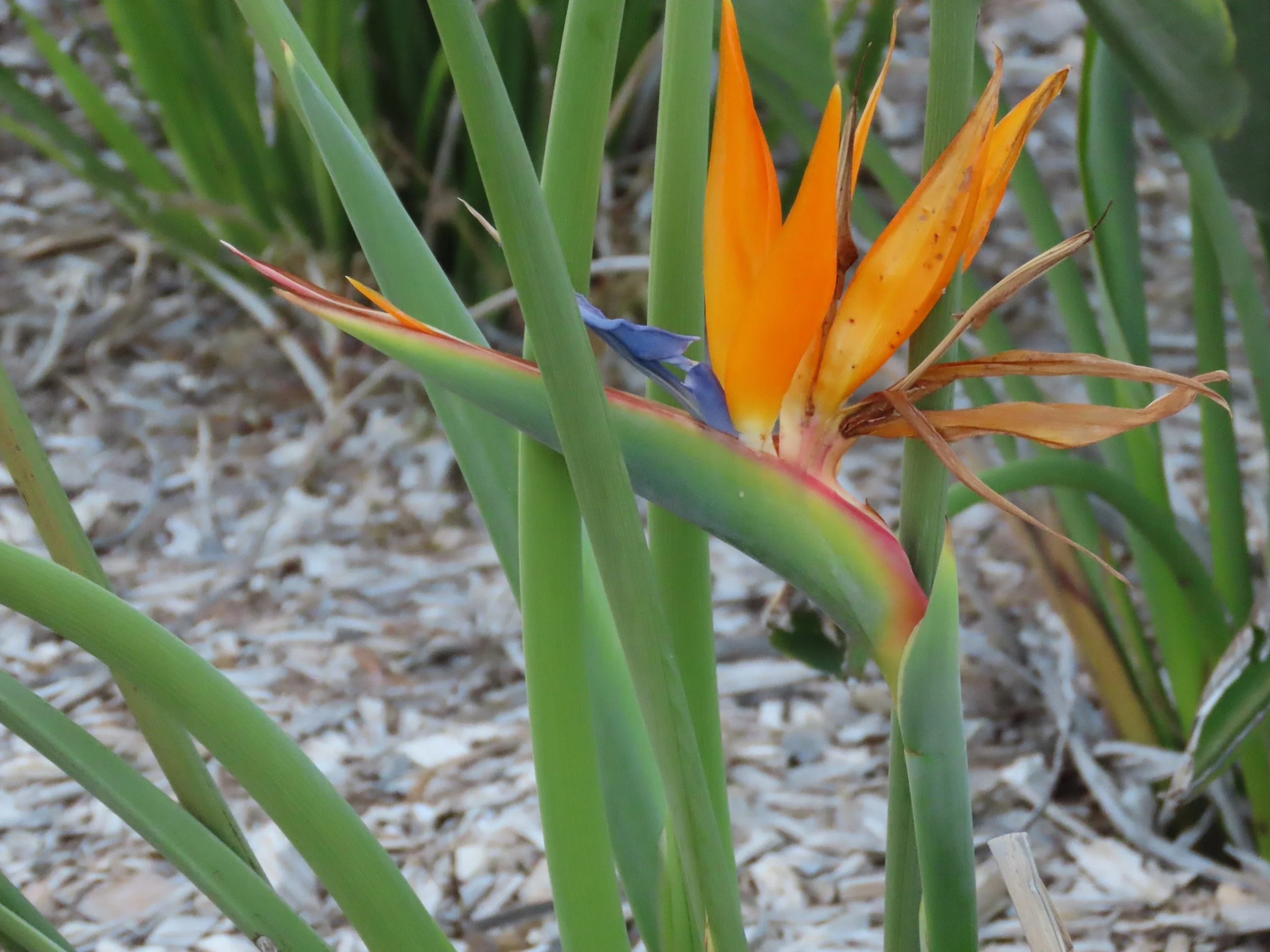Gleanings of the Week Ending October 29, 2022
/The items below were ‘the cream’ of the articles and websites I found this past week. Click on the light green text to look at the article.
How an asteroid impact would transform the food we eat – Thought provoking…and scary. Right now, I am beginning to wonder how the level of drought in the US is going to change the food we eat…or will we eat the same way but pay much higher prices.
A Field Guide to Unexpected, Out-of-Place Wildlife – Why wildlife shows up in the ‘wrong’ place… I had read about the shifting range of armadillos last spring (was reminded of it by the reference to the Virginia opossum in this post).
State Of the Birds Report: More Than Half of U.S. Bird Species Are Declining – Sad….another indicator that the Earth is changing.
Economic losses from hurricanes become too big to be offset by the US if warming continues – I’ve been wondering about this since Hurricane Harvey and finally there is some analysis of the data…but, so far, it does not seem to be changing the way we deal with the aftermath of these catastrophic storms. The dominate idea still seems to be ‘rebuild.’
Life expectancy improves in some countries after big drops in 2020 – but US and others see further falls - The life expectancy at birth in the US was 79.8 in 2019 and was down to 77.4 in 2021. It might take a few years until the impact of COVID-19 on life expectancy is fully understood. It seems to me that there are other cultural changes that happened concurrent with the COVID-19 pandemic that could impact life expectancy in the US into the future: reduced vaccination rates, reduced trust in medical professionals, increased belief in whatever is said on social media and conspiracy theories, increased stress/mental health challenges, etc.
The Clean Water Act at 50: Big Successes, More to Be Done – The Act was passed the year I graduated from high school. I had done a project about algae as pollution indicator in the streams around Dallas, Texas in the fall before so I was aware of water pollution issues of the time. It is frustrating that there is still so much to be done….
New model of Alzheimer’s as an autoimmune disease – A new perspective….maybe leading to new therapies in the future.
Ancient Maya Cities Were Polluted with High Levels of Mercury – The Maya coated surfaces (walls and floors and bodies) with cinnabar…and the mercury from that leached into the water supply and soils. Chronic mercury poisoning causes tremors, weakened vision and hearing, and paralysis! The contamination at some sites is high enough that archaeologists need to use mitigation techniques and protective gear.
Young kids avoid one learning trap that often snares adults – Young kids are not as good at focused attention as adults which means they notice new things happening away from a ‘focus area’ more quickly…..but focused attention can also mean learned inattention in adults which might not be the best strategy in all situations.
After Three Summers, Man Finally Gets Photos of Hummingbird with Rainbow Wings – Beautiful pictures. They prompted me to look up why hummingbird feathers can show the colors of the rainbow. I found a Science Daily post from back in 2020 that offers an explanation.

